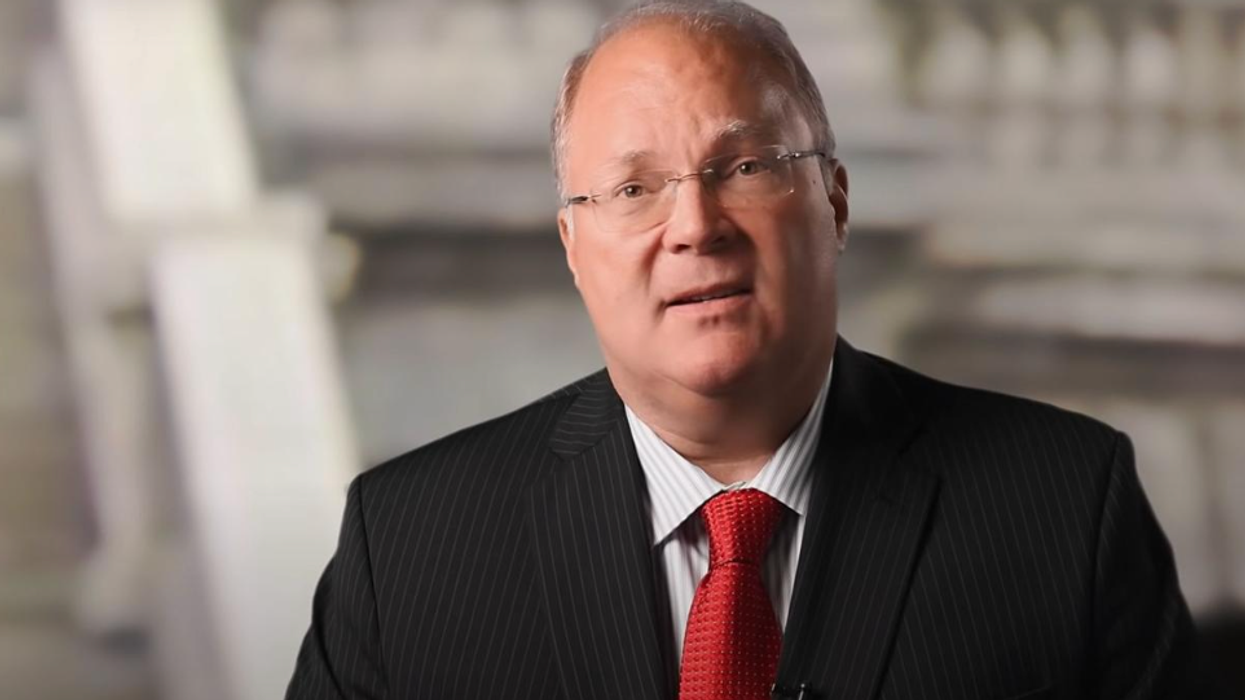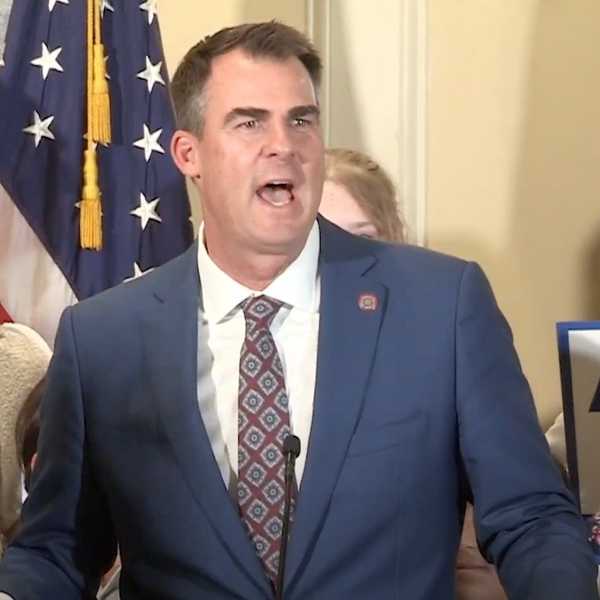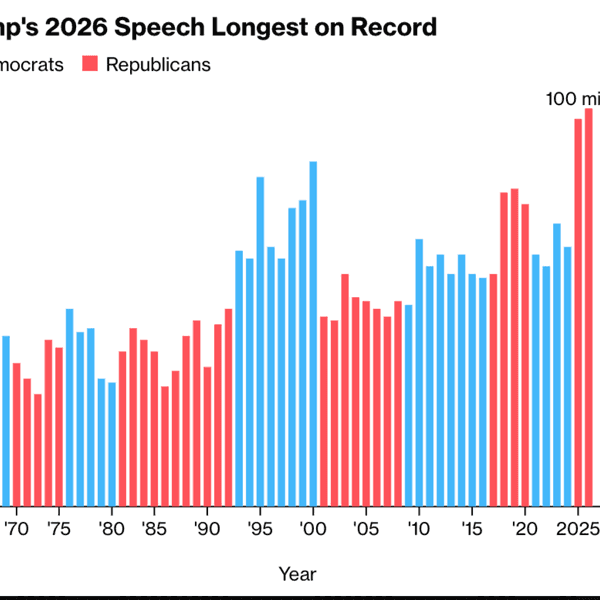Can Democrats Come Back? They Already Are
During a summer when the popularity of Donald Trump fell to abysmal lows — and strong disapproval of his presidency achieved record highs — those dire warnings were mostly brushed aside. What received far more intense and sustained attention were the awful numbers registered by the Democratic Party, with analysts bemoaning its "historically" weak condition.
The occasion for all the funereal commentary was the release in late July of a Wall Street Journal poll that any honest Democrat had to find alarming. According to that survey, 63 percent of voters said they hold an unfavorable opinion of the party, while only 33 percent said their view of the party is favorable, the lowest rating ever for Democrats in a Journal survey. The party's net unfavorable was 19 points worse than the Republican Party, an unprecedented gap.
Such troubling findings can't be dismissed or waved away, even though the Journal poll was much worse than recent polls by other media outlets, which showed a mere 10-point ratings advantage for Republicans. Before we start putting up black crepe around the Democratic headquarters and drafting documents of surrender, however, there are some numbers that deserve our attention as well. For although the Democrats currently languish under a burden of public disfavor, those sour feelings may have almost no impact on their ability to defeat Republicans and achieve power again.
How can that possibly be? The real question in upcoming elections is not whether voters like the Democratic brand (or the GOP brand) but rather which party's candidate they will choose when marking their ballots. So far this year, despite the bad branding suffered by Democrats, the party is overperforming in dozens of special elections across the country and appears almost certain to win the two major statewide elections this November in New Jersey and Virginia. Polls in Virginia have showed Democratic gubernatorial nominee Abigail Spanberger beating her Republican opponent by double digits, and her New Jersey counterpart Mikie Sherrill is ahead of the Republican by nearly as much in some polls.
Special elections are not necessarily predictive of a general election outcome, as we learned last year. Yet the results in many races this year have been startling, dating back to Wisconsin's state supreme court contest last April, when Elon Musk and right-wing organizations spent nearly $40 million to defeat liberal Democrat Susan Crawford. The Tesla zillionaire made news not only with his brazen attempt to buy the election but by declaring its outcome decisive "for the future of Western civilization."
All that money and publicity drove unusually high turnout for an off-year judicial election — which Crawford won by 10 points, a landslide humiliation for Musk and a repudiation for the Republican far right (including Trump).
The trend kicked off by Crawford's victory continued across the country over the ensuing months, including races and places considerably less hospitable to Democrats than the purplish Badger State. In Iowa, for instance, the Democrats have picked up not one but two state senate seats in specials this year — the first in January, when Democrat Mike Zimmer won in a district that Trump had carried by 20 points only two months earlier, and the second in June, when Democrat Catelin Drey won by 11 points in a district that Trump took by an equal margin last fall — a turnaround of 22 points in less than a year.
Such encouraging results for Democrats have been commonplace across the country in 2025. According to The Downballot, a website that compiles and analyzes election results across all nonpresidential races, Democratic candidates in 34 special elections this year have run about 16 points on average better than 2024 presidential nominee Kamala Harris in the same districts.
Does that mean Democrats will win next year's midterms? It is far too early to make any such happy prediction.
But even that grim Journal poll demands a deeper look before anyone descends into gloom. As pollster G. Elliot Morris, formerly of FiveThirtyEight, explains on his Substack, it is very possible for voters to say they disapprove of the Democratic Party — and then cast their votes for Democratic candidates. That same poll found Democrats ahead in the generic ballot for 2026, measuring which party voters plan to support in the midterm, by three percentage points.
"That's a six-point swing from their last poll in 2024," notes Morris, "and would be large enough for the Democrats to win somewhere around 230-235 seats in the U.S. House of Representatives." Depending on specific circumstances in the states, it might even mean a change in control of the U.S. Senate.
The negative atmosphere surrounding the Democratic Party and its public image arises from dissatisfaction and even anger among the voters in its own base, furious over the feckless leadership that led to the 2024 debacle and the hesitant response to Trump's first months in office. Their reaction is understandable and predictable after a national defeat — but their more recent victories are a signal of hope on the horizon.
Joe Conason is founder and editor-in-chief of The National Memo. He is also editor-at-large of Type Investigations, a nonprofit investigative reporting organization formerly known as The Investigative Fund. His latest book is The Longest Con: How Grifters, Swindlers and Frauds Hijacked American Conservatism (St. Martin's Press, 2024).
Reprinted with permission from Creators.














